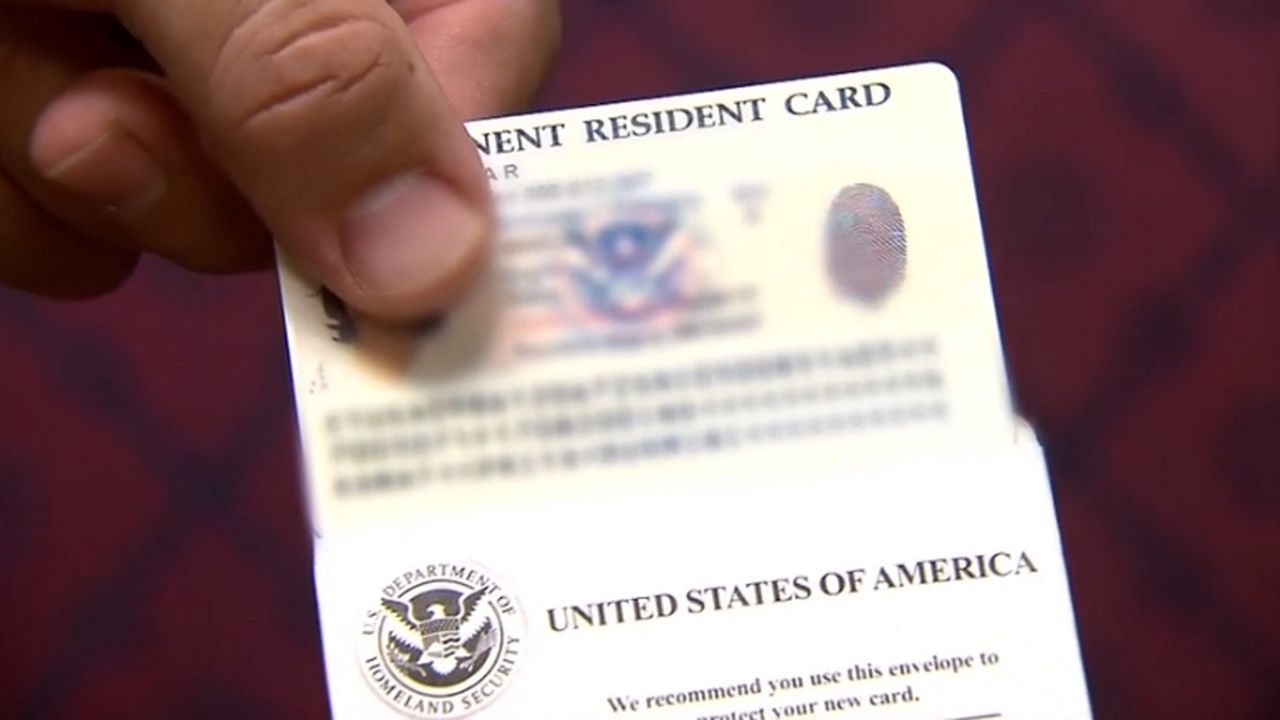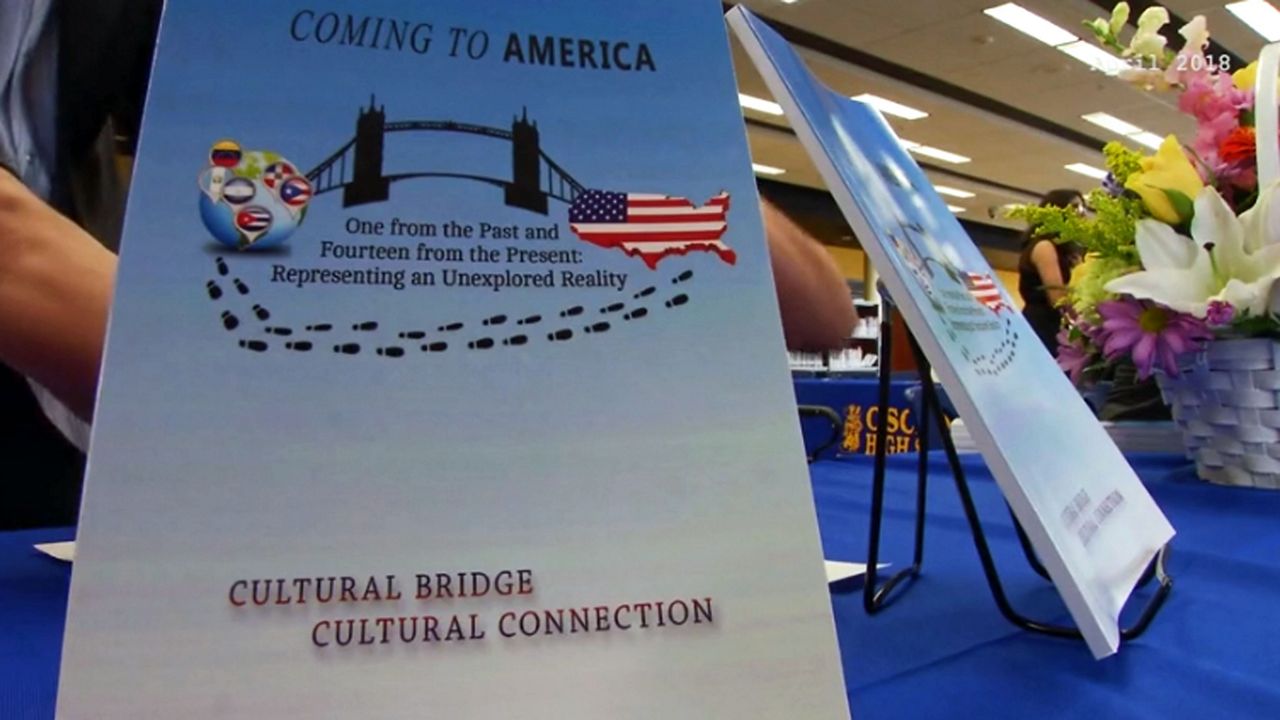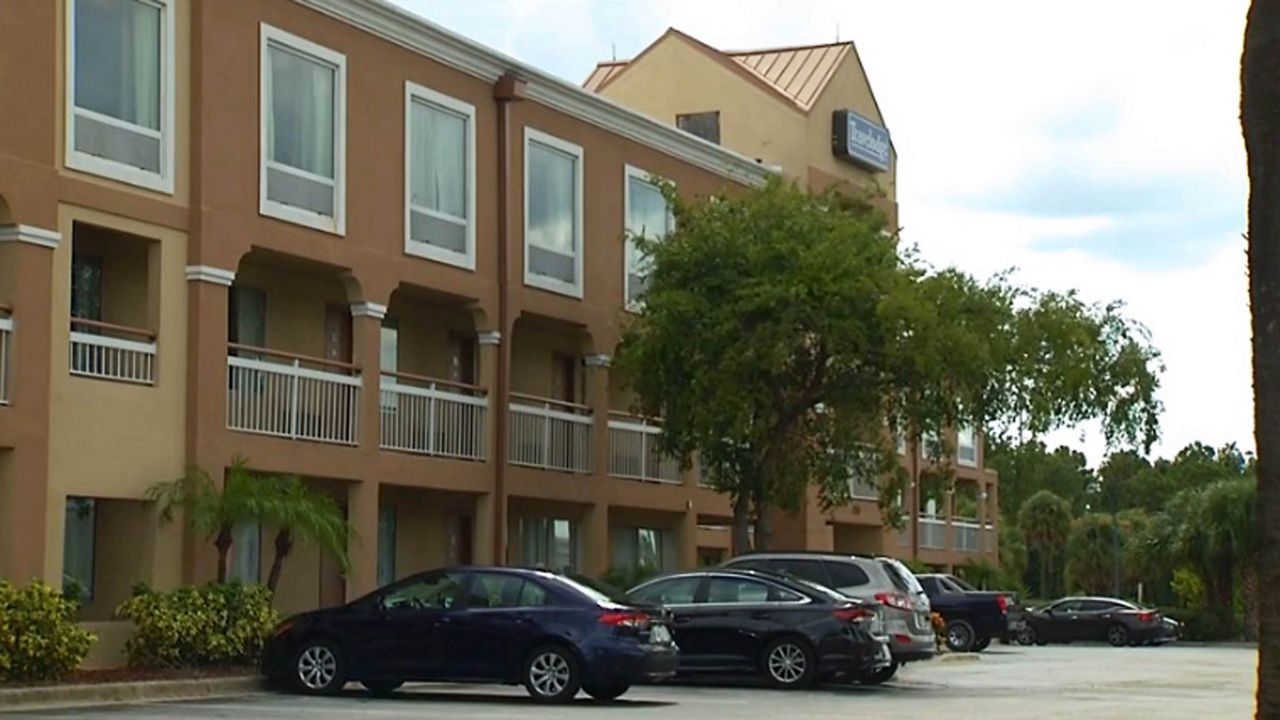KISSIMMEE, Fla. — The Trump administration's new "public charge" rule is aimed at making green card criteria more stringent, which could in turn have consequences for institutions that are not government-funded, such as local food pantries.
- New Trump green card rules set to take effect October 15
- Administration says rules aimed to ensure people are self-sufficient
- Food banks, private charity organizations may see rise in need
- RELATED: Trump Rule Could Deny Green Cards to Immigrants Who Need Public Assistance
Richard Burton has worked for the Osceola Christian Ministry Center for 18 years. This center helps all kinds of individuals from the homeless to the underemployed — many of whom are immigrants.
“People who just moved to the area, until we get on their feet, they come here,” Burton said.
President Donald Trump wants to enforce self-sufficiency, saying he wants to ensure that immigrants won’t be a "public charge" to the country. Under new rules set to take effect October 15, the federal government could deny green cards to those using Medicaid, food stamps, and housing vouchers.
This poses the question: Will immigrants who want to get green cards avoid certain benefits out of fear of the new public charge rule?
“If people are not able to be self-sufficient, then this negative factor is going to bear very heavily against them in a decision about whether they will be able to become a legal permanent resident,” said Ken Cuccinelli, the acting director of U.S. Citizenship and Immigration Services.
Osceola Christian Ministry Center is not federally funded. About 30 churches get together to provide hot meals, food pantry services, and clothes for those in need.
Burton said with Osceola County being a melting pot of sorts, the group is bracing for more people using their services.
“You know, we are dependent on people’s generosity and care all the time,” Burton added. “Any time there is an increase in need, we just have to go with what we get and see what happens.”
Although the public charge rule is set to go into effect next month, litigation may delay that, as several states have already filed a lawsuit against it.









